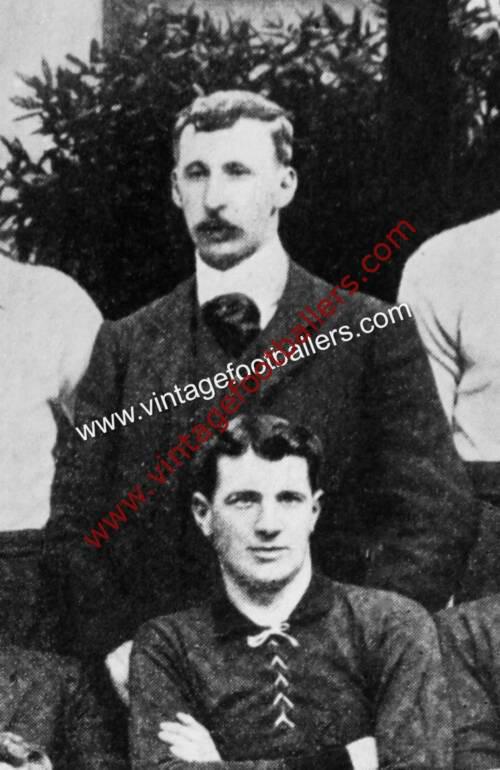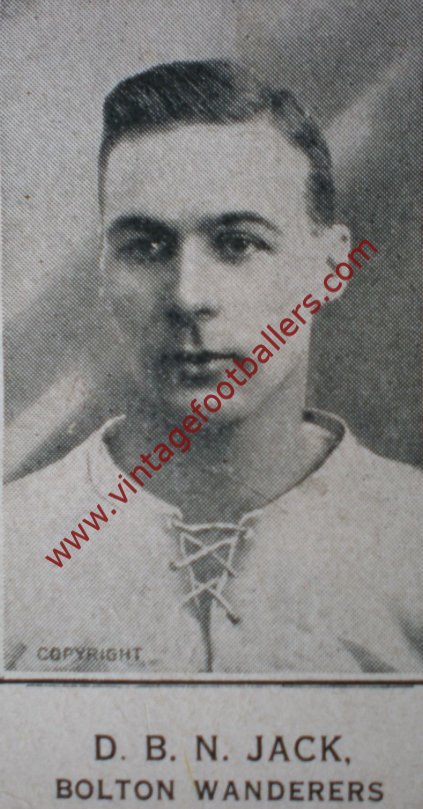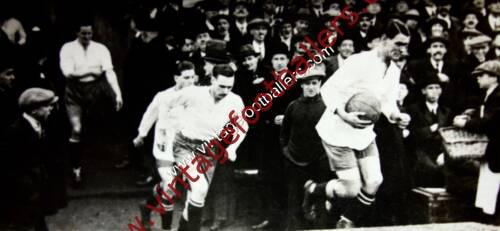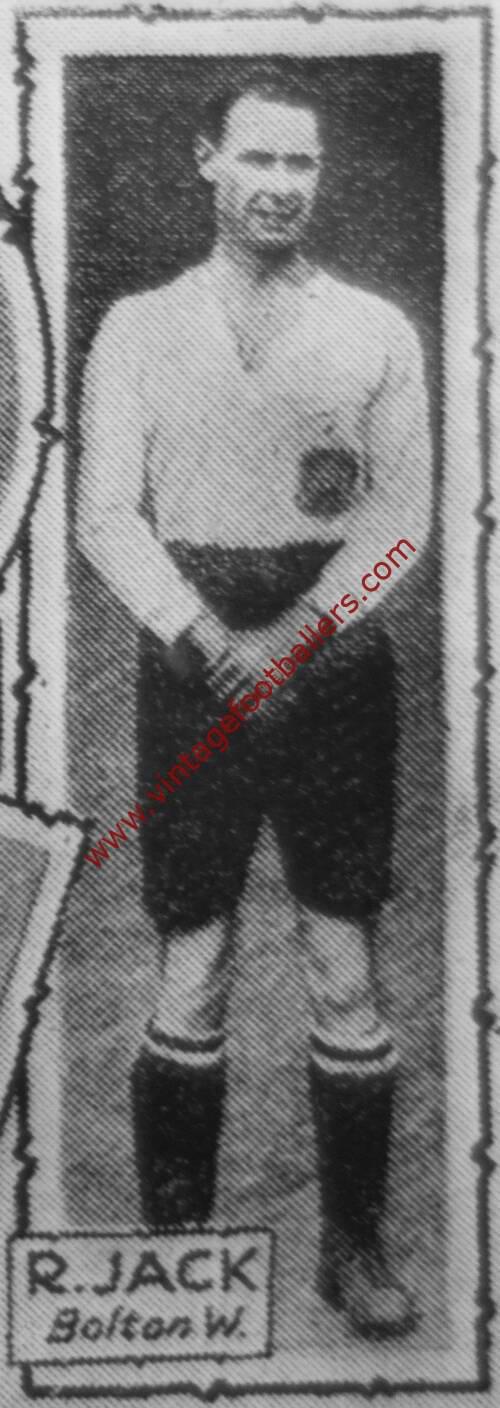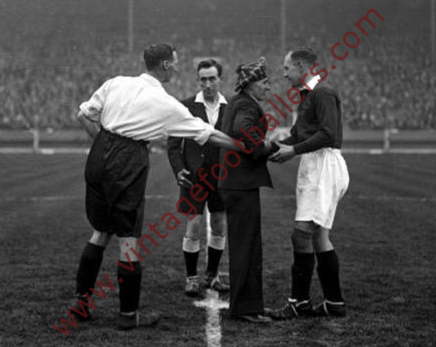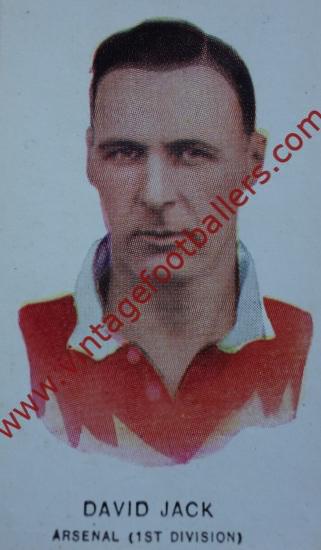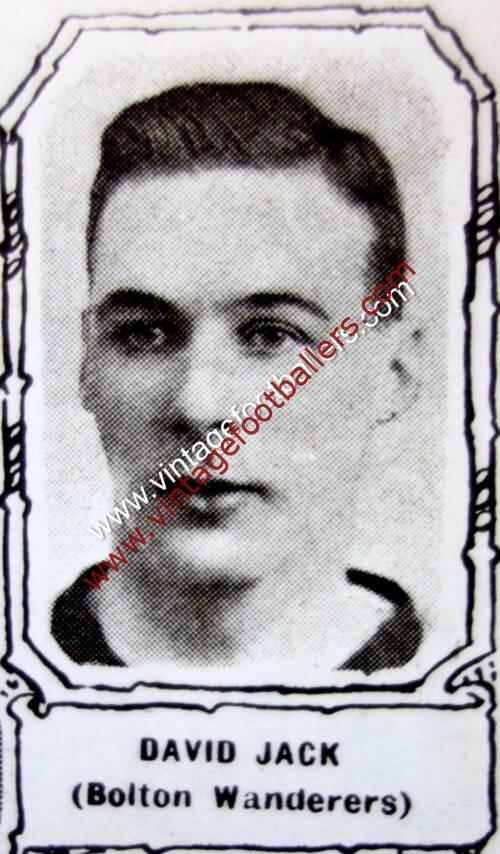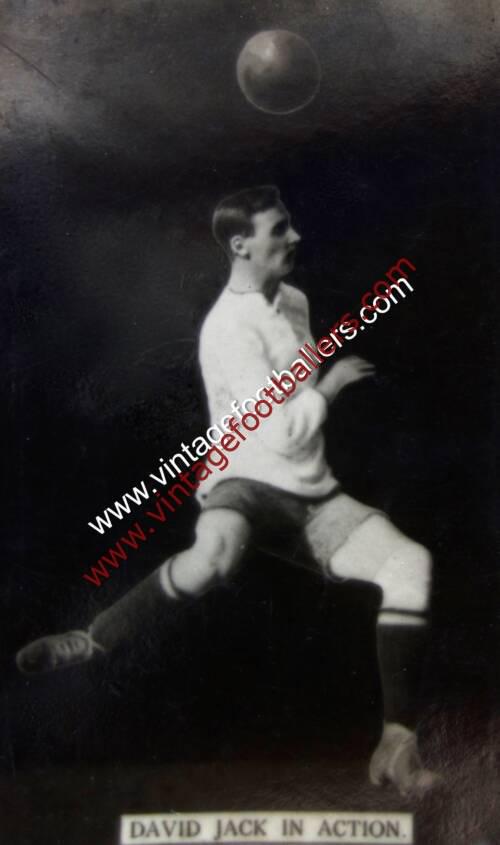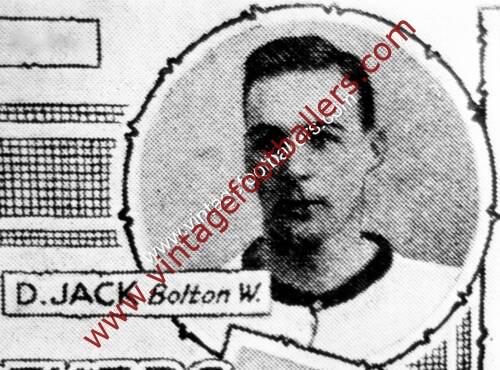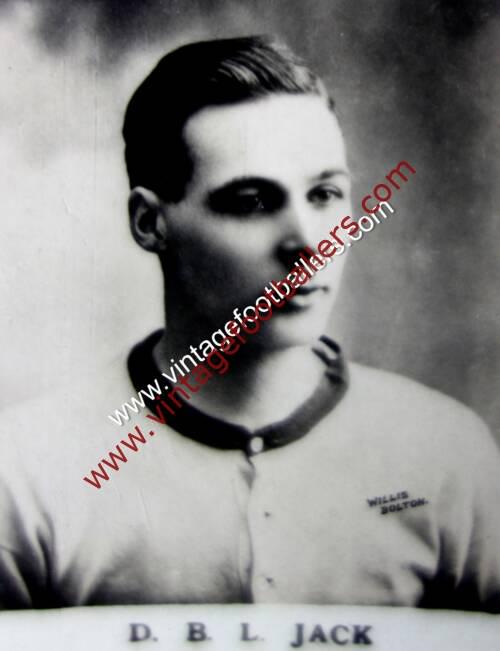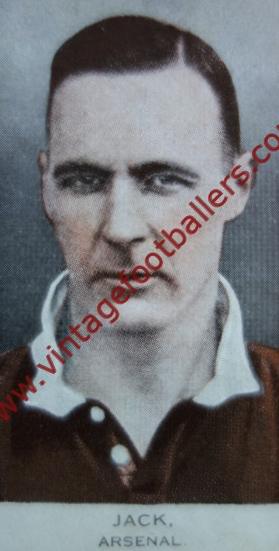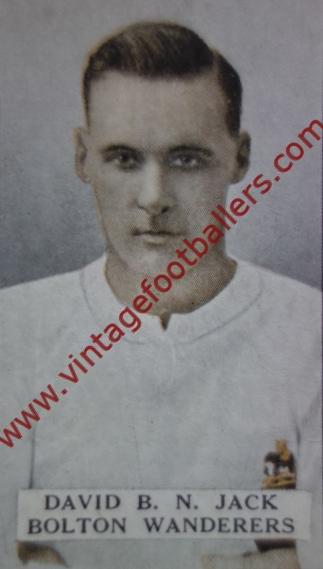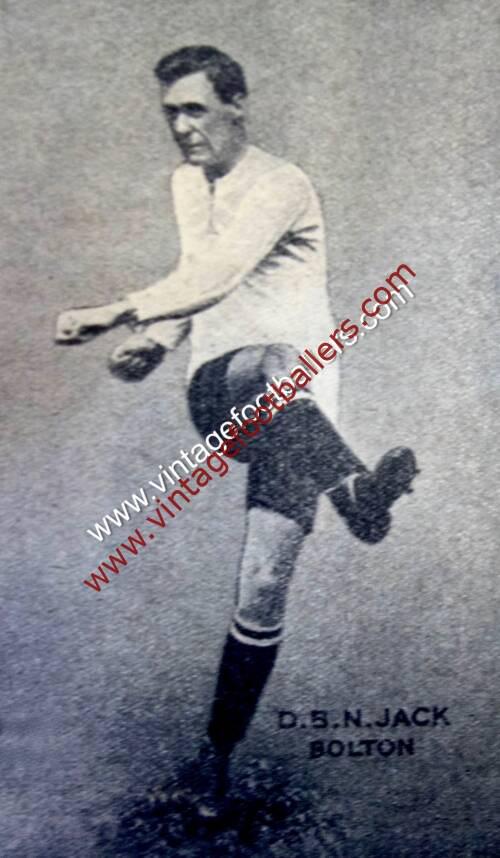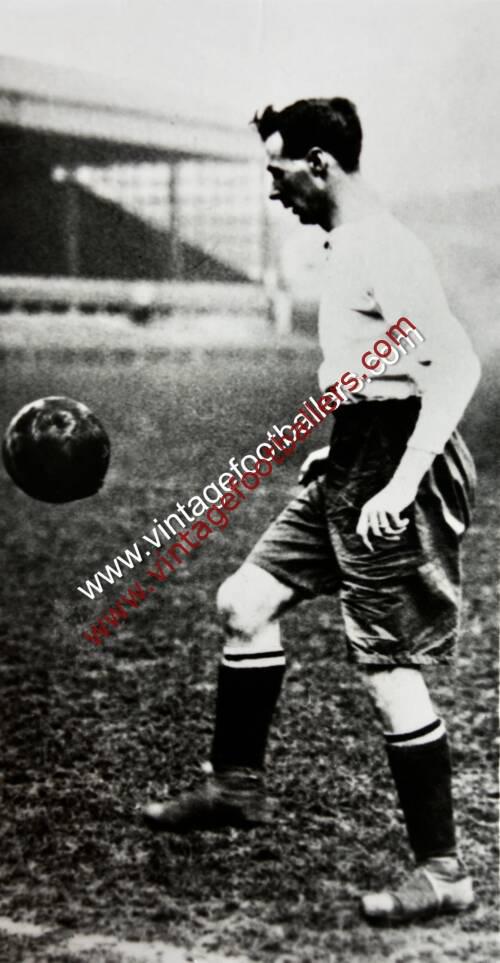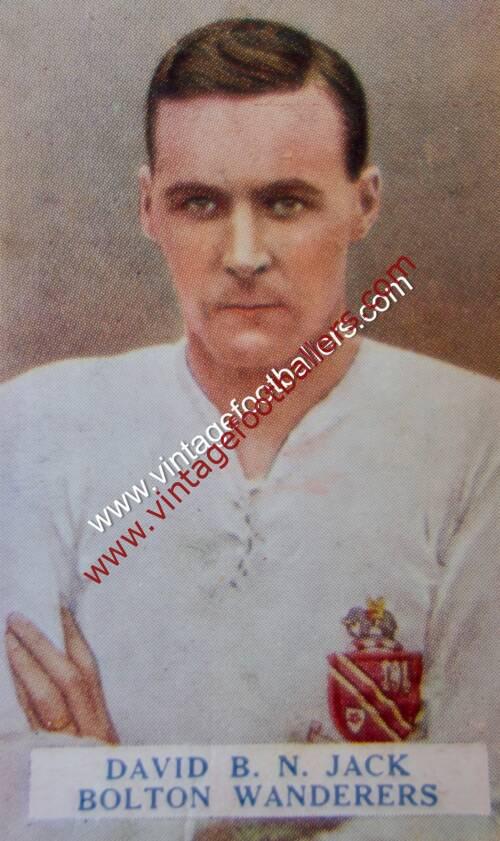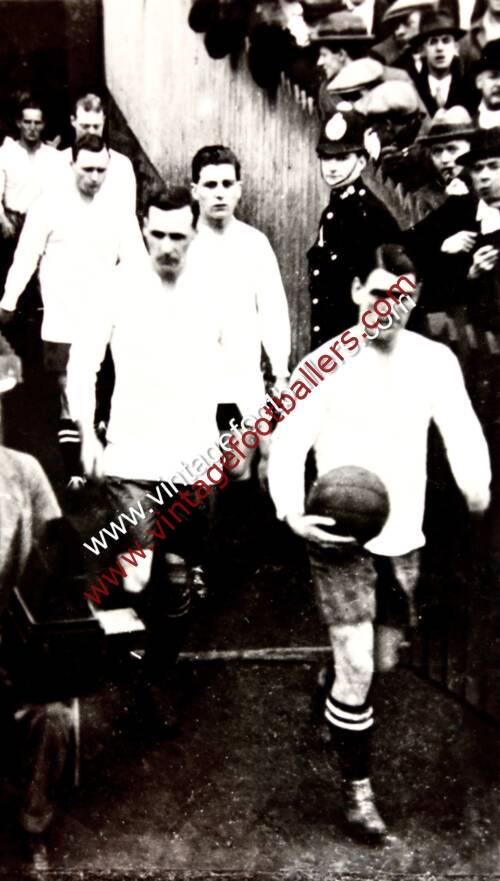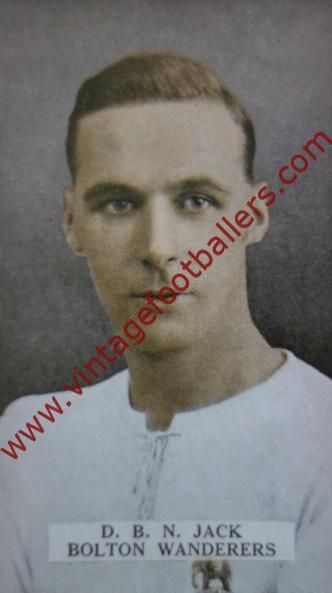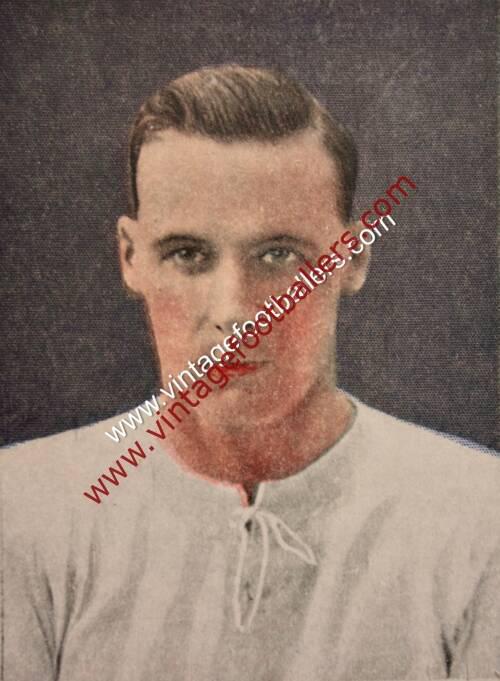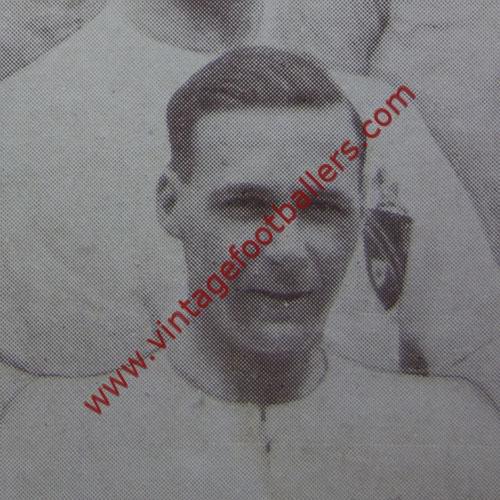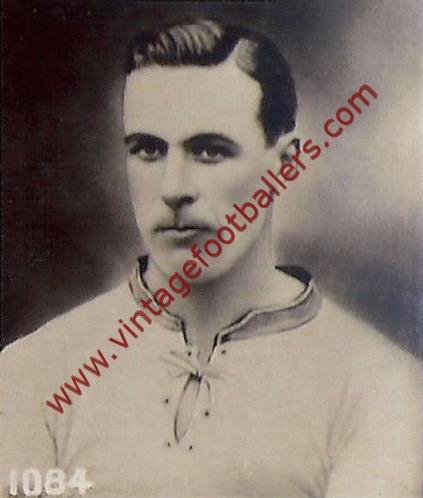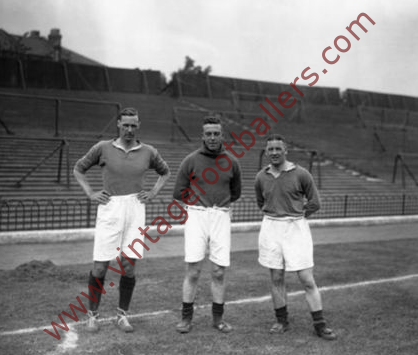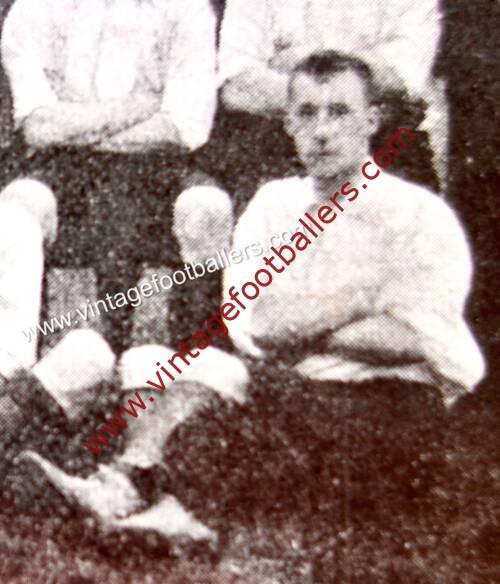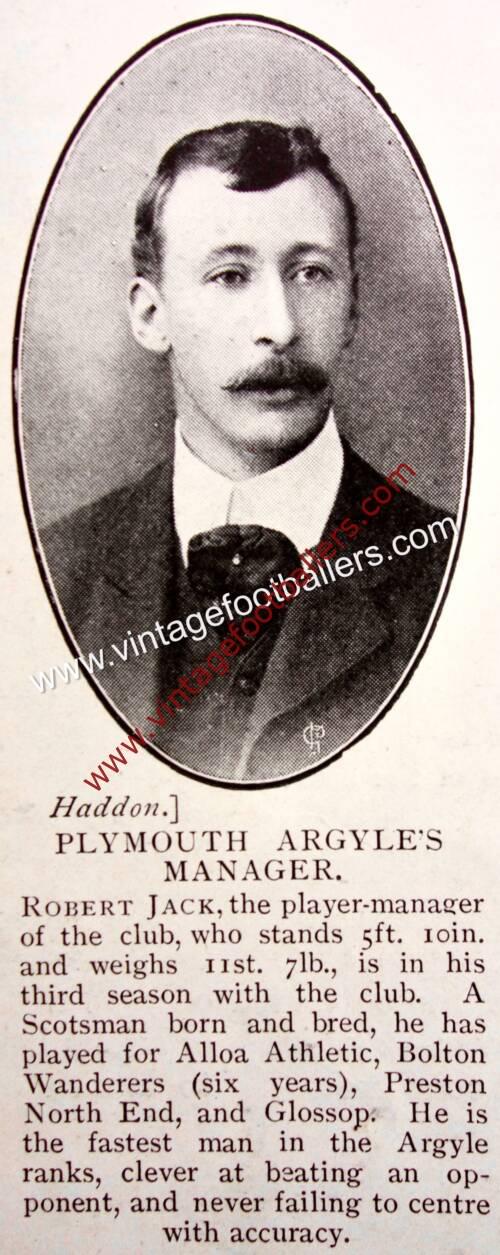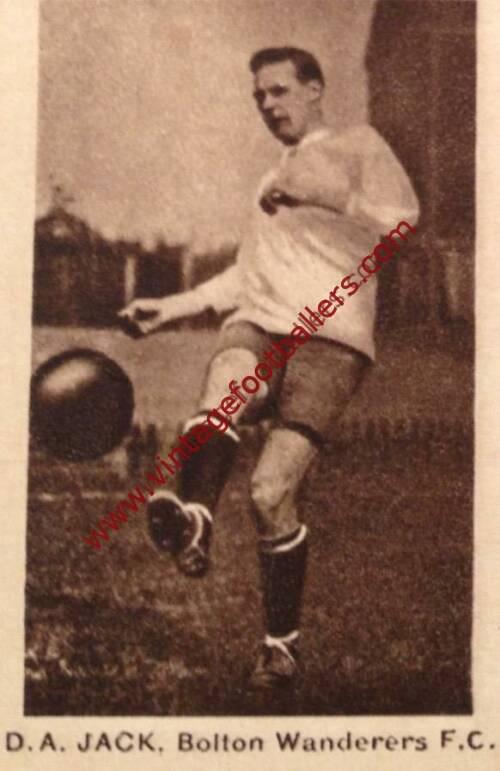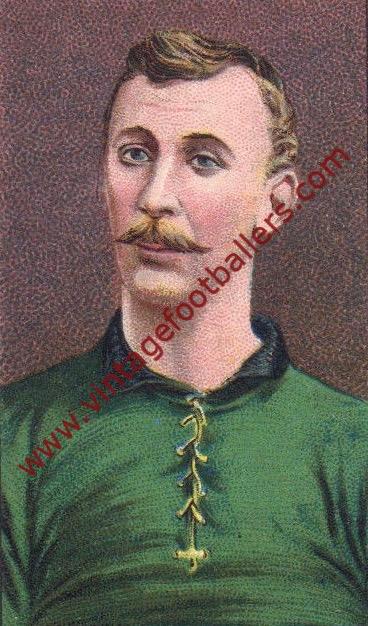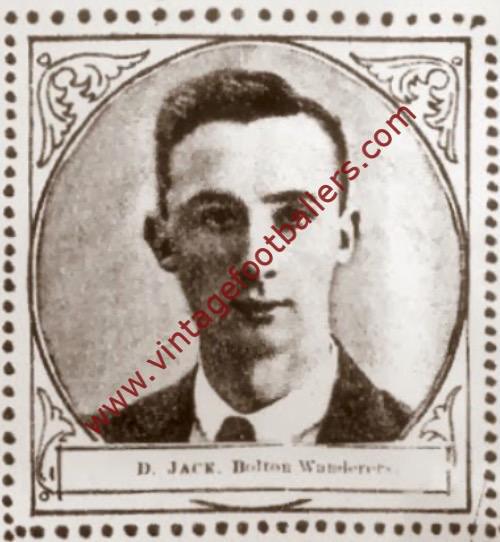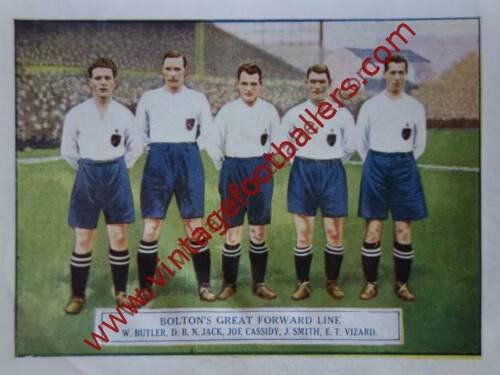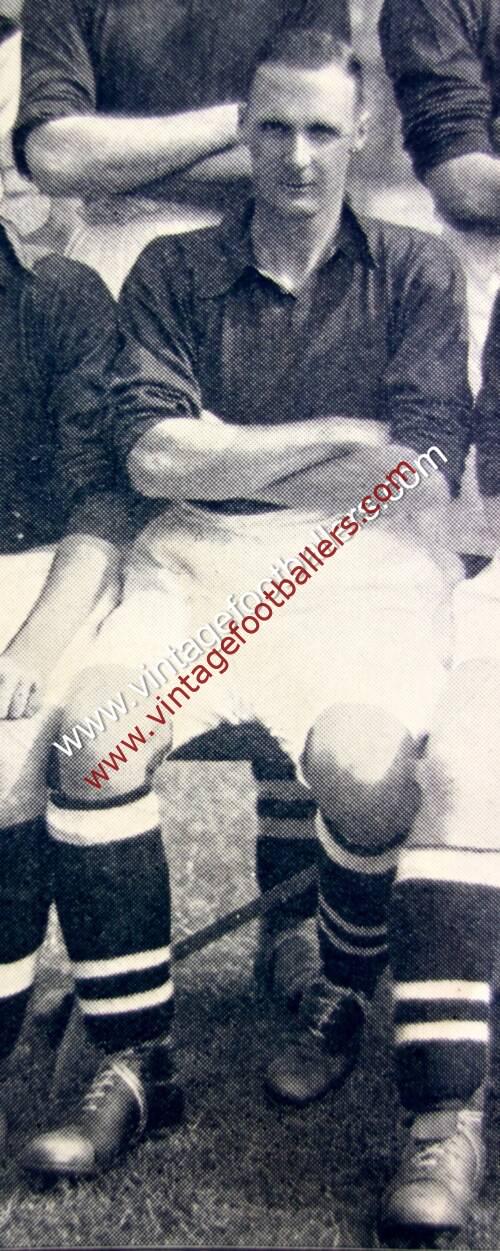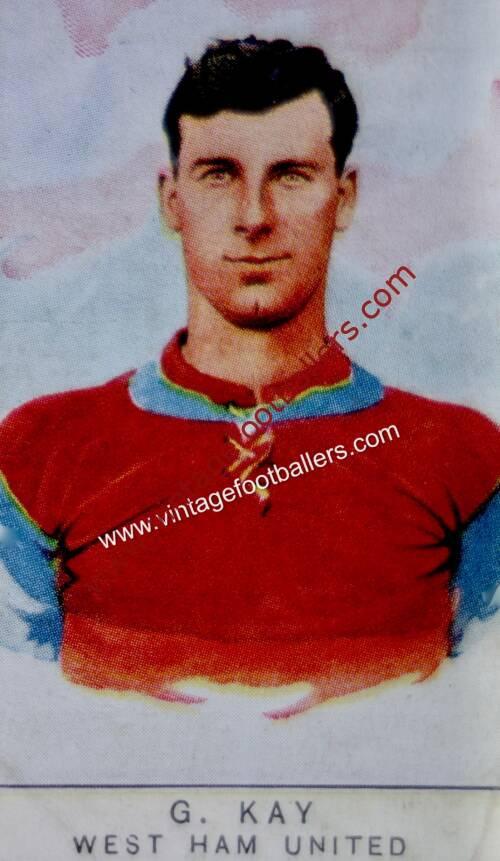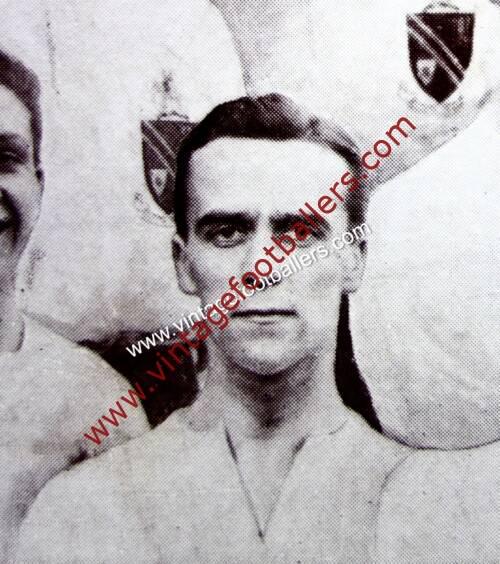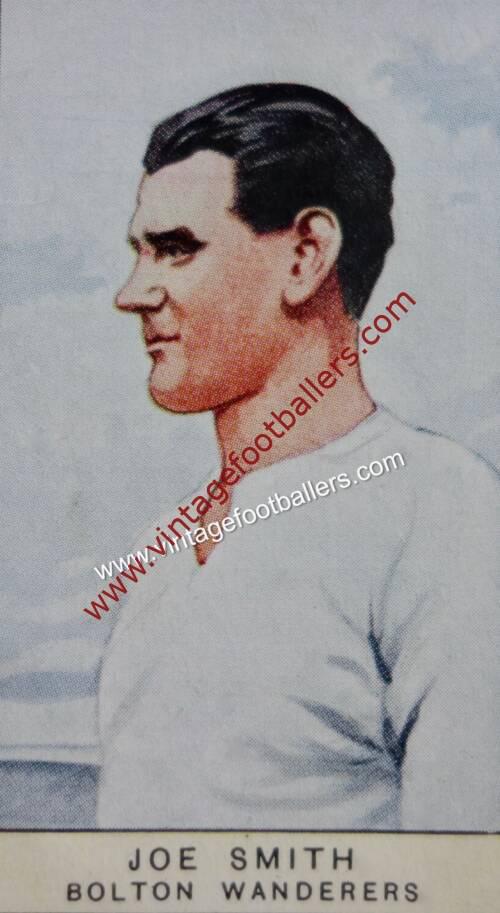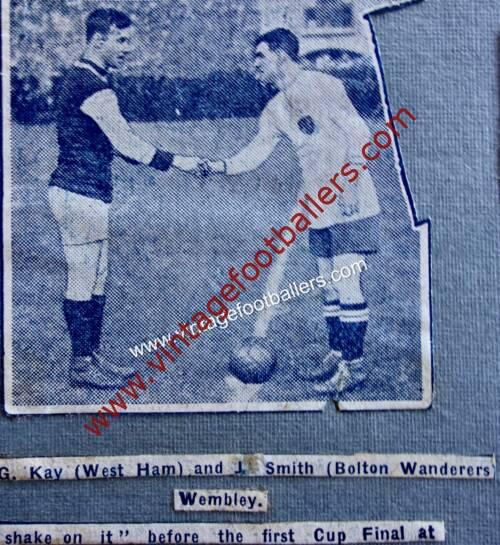Please choose your photo size from the drop down menu below.
If you wish your photo to be framed please select Yes.
Note: 16″x 20″not available in a frame.
Images can also be added to accessories. To order please follow these links
£8.95 – £19.95
In stock
Please choose your photo size from the drop down menu below.
If you wish your photo to be framed please select Yes.
Note: 16″x 20″not available in a frame.
Images can also be added to accessories. To order please follow these links
Bolton, Lancashire born inside forward Rollo Jack came through the junior ranks at Plymouth Argyle along with brother David, the sons of manager Robert (Bob) Jack, having signed with Argyle in January 1921. With their father at the helm, Argyle entered the Football League from the Southern League, and whilst elder brother David featured in Argyle’s debut League season, it wasn’t until 1922 that Rollo made his first senior appearance against Watford that December, two years after David had left for First Division Bolton Wanderers. Having a father as manager will have been tough, but his brother’s meteoric rise must have heaped even more pressure on Rollo, but he was soon to follow his brother to Bolton Wanderers (a club their father had also played for), their hometown club, for a fee of £1,500 after 4 goals in 17 appearances for The Pilgrims in November 1923.
Despite staying five years at Burnden Park, Rollo found it hard to make his own mark, scoring 9 goals in just 31 appearances before moving south to Clapton Orient in September 1929. A two year spell in London produced a good return of 22 goals from 83 games before he moved to non league Yeovil & Petters United in 1933, returning to League action with Swindon Town in August 1934. He played 20 times for The Robins, scoring twice, before winding down his career close by returning to Southern League Yeovil.
Rollo Jack returned to Home Park in 1935 to take up an administrative role and was later appointed temporary secretary-manager when Jack Tresadern was called up for Army service at the outbreak of war, albeit at a time when club had almost ceased to function. Following the end of the Second World War, he continued within football administration, performing the role of club secretary at Leyton Orient for the 1949-50 season (Leyton Orient being the new post-war name for the previous Clapton Orient side that Jack had played for before the War).
| Weight | N/A |
|---|
